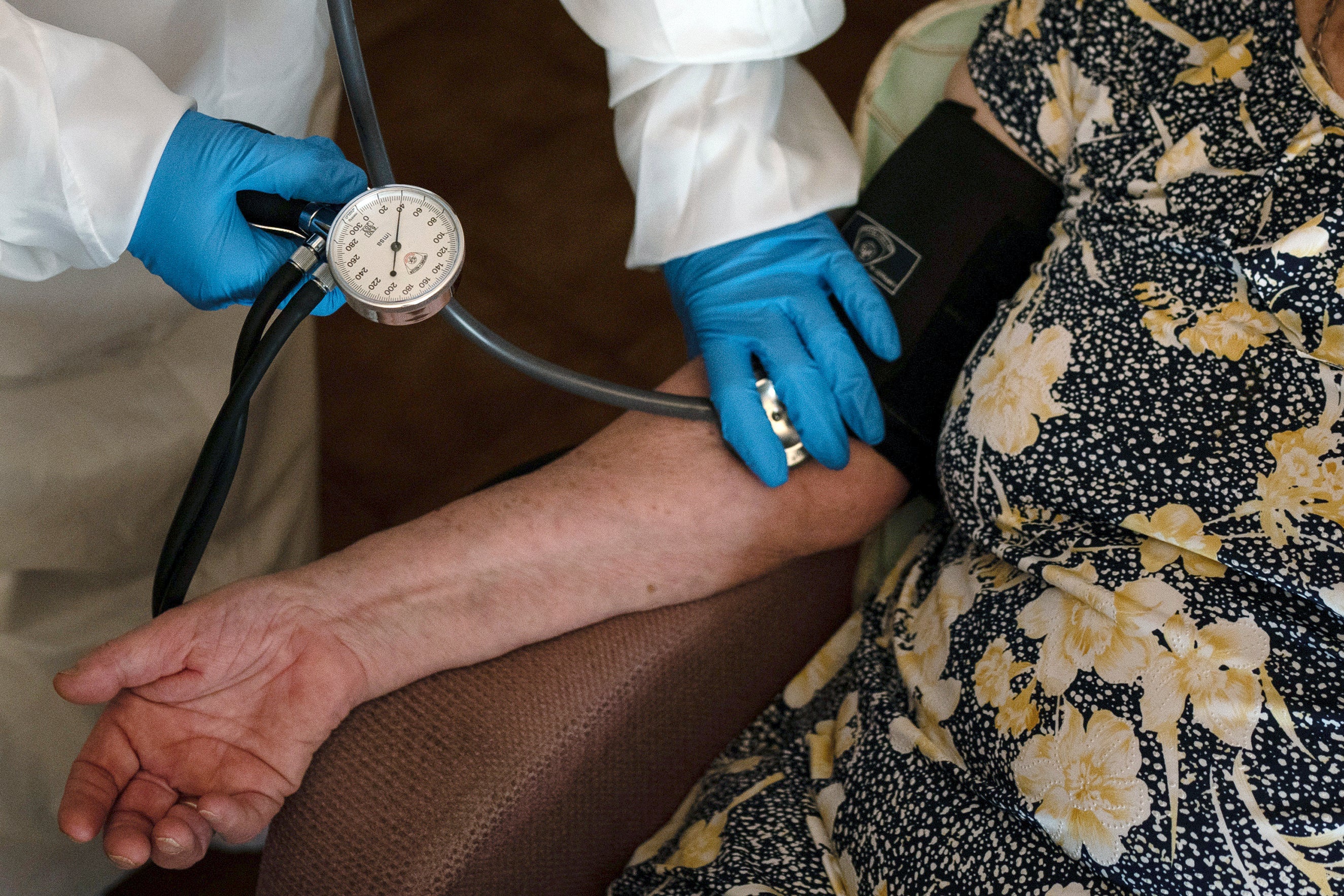
Scientists hope to investigate whether common drugs could be used to help fight dementia after ibuprofen and some prescription antibiotics, antivirals and vaccines were associated with a reduced risk of the condition.
The new study, led by researchers from the universities of Cambridge and Exeter, examined 14 studies that used data from more than 130 million people and 1 million dementia cases.
Dementia is a leading cause of death in the UK and one in three people will develop it, making it “the biggest health and social care issue of our time” according to the Alzheimer’s Society.
“Understanding whether drugs in current use could be re-purposed for use in dementia is an urgent priority,” the academics leading on the report said, but other experts stressed more work needs to be done before these medications could be used to treat the condition.
The team found the corticosteroid prednisone, the antibiotic amoxicillin, and vaccines including tuberculosis, hepatitis A and diphtheria jabs were associated with a reduced risk of developing dementia.
They further found diabetes drugs, vitamins and supplements, and antipsychotics were associated with an increased risk, but other classes of treatment including some blood-pressure medications and antidepressants showed conflicting evidence.

Dr Ilianna Lourida, from the National Institute for Health and Care Research Applied Research Collaboration South West Peninsula at the University of Exeter, acknowledged the study had limitations.
“Because a particular drug is associated with an altered risk of dementia, it doesn’t necessarily mean that it causes or indeed helps in dementia,” she said.
“We know that diabetes increases your risk of dementia, for example, so anyone on medication to manage their glucose levels would naturally also be at a higher risk of dementia – but that doesn’t mean the drug increases your risk.”
Dr Ben Underwood, from the Department of Psychiatry at the University of Cambridge and Cambridgeshire and Peterborough NHS Foundation Trust, said despite the fact the study could not link drugs with causing or increasing dementia risk, it was still an important step towards finding new treatments for the condition.
“We urgently need new treatments to slow the progress of dementia, if not to prevent it,” he said. “If we can find drugs that are already licensed for other conditions, then we can get them into trials and – crucially – may be able to make them available to patients much, much faster than we could do for an entirely new drug.
“The fact they are already available is likely to reduce cost and therefore make them more likely to be approved for use in the NHS.”
However Dr Baptiste Leurent, associate professor in medical statistics at UCL said the quality of studies used in the review was “generally poor”, and didn’t include any randomised controlled clinical trials.
“The risk of spurious findings in such study is very high,” he said.
Dr Richard Oakley, associate director of research and innovation at Alzheimer’s Society, said the study provided important initial groundwork.
“One in three people born today will develop dementia in their lifetime, making it the biggest health and social care issue of our time,” he said.
“If we can repurpose drugs that have already been shown to be safe and approved for use for other conditions, this could save millions of pounds and decades it takes to develop a new dementia drug from scratch and get us closer to beating dementia.”
Dr Julia Dudley, head of research strategy at Alzheimer’s Research UK, said that because these drugs had already been shown to be safe, that could potentially speed up the process of clinical trial testing.
“Although these findings are interesting, it is too early to say if these medications can reduce the risk of dementia,” she said. “Researchers will need to confirm these findings in clinical trials and investigate how these medications could potentially protect the brain against dementia.”







